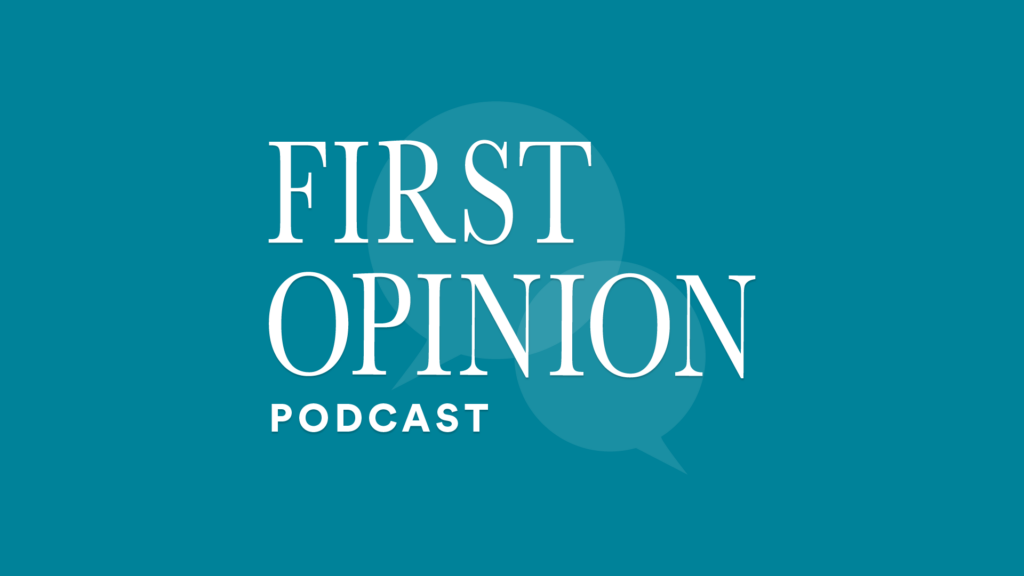In 2018, New York University became the first U.S. medical school to offer tuition-free programs, inspiring others to follow suit. However, the hope that this would increase the number of students pursuing lower-paying medical careers has not been fully realized. Factors such as prestige, earning potential, and the shortage of primary care physicians play a significant role in specialty and location choices. Ezekiel Emanuel and Matthew Guido discuss the limitations of tuition-free programs in influencing these decisions and advocate for a payment system that values improvements in health through primary care. Their research suggests that simply offering free tuition may not solve the shortage of primary care physicians as intended.
Source link
Free medical tuition alone isn’t enough to close gaps in primary care
